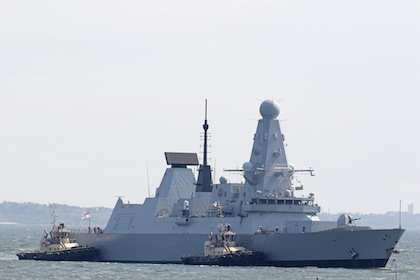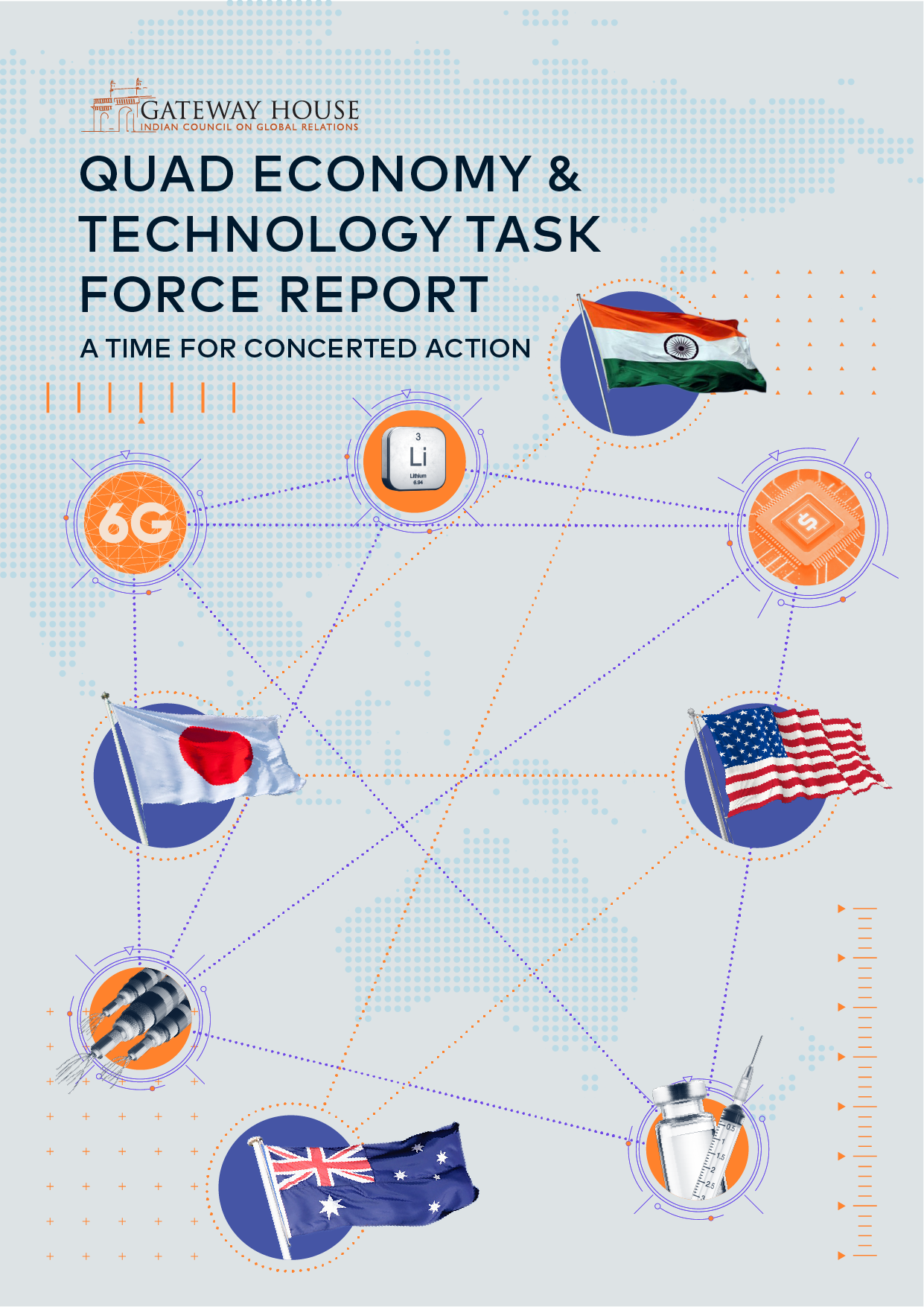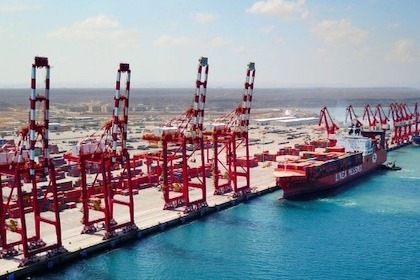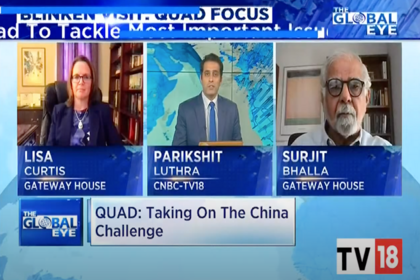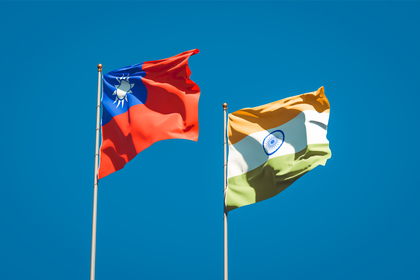Is BRICS still relevant?
The 13th BRICS summit will be held virtually on 9 September 2021 and India is the host. The grouping has managed to hold its ground in an era of increasingly complex geopolitics. While immediate goals are important, in the longer term it must cooperate on counter terrorism, improve trade and work towards the Sustainable Development Goals.


